
1. A lacklustre complexion
Now that summer is here and sultry days are on the horizon, many of us have turned our attention to achieving a complexion that glows—even when sans make-up. But even as we leave the winter months behind us, skin can tend to lack that sought-after luminosity thanks to seasonal changes. A healthy skin barrier equals radiant skin; therefore, many factors can contribute to dull skin. Dehydration, inadequate exfoliation, skimping on moisturiser, skipping SPF, and certain lifestyle habits such as diet, lack of sleep, alcohol intake, and smoking can leave skin less than luminous.
The solution: A dewy, luminous complexion can take a bit of work and dedication in the skincare and lifestyle department, but caring for your skin’s barrier will set you on the path to radiance. Keeping skin well protected from the sun’s harmful rays should be a priority all year round, but it’s essential over the warmer months. As well as reaching for a daily SPF each morning, focus your routine on products that resurface and slough away dead, dull skin cells, ingredients that hydrate, and products that brighten. In other words, if you’re not already using a chemical exfoliator—aka skincare acids—there’s never been a better time to start.
We recommend:
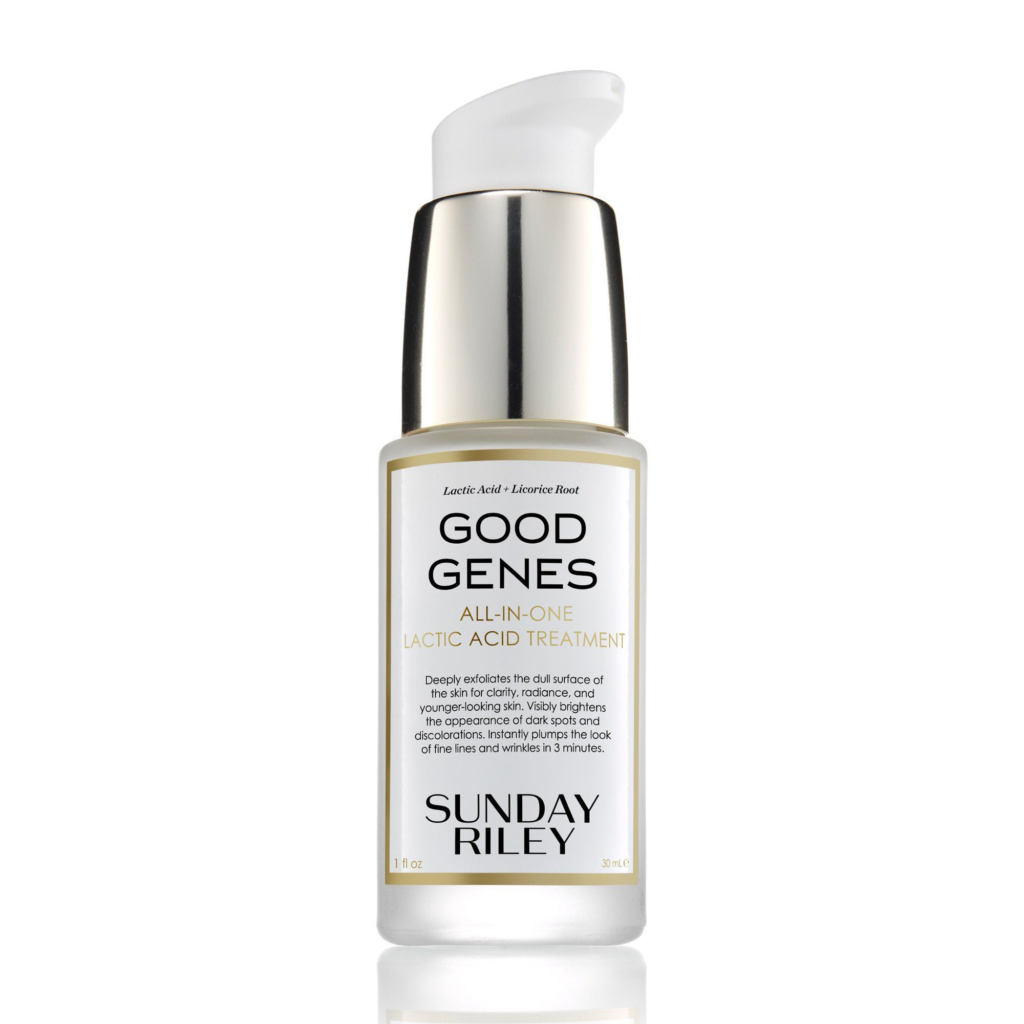
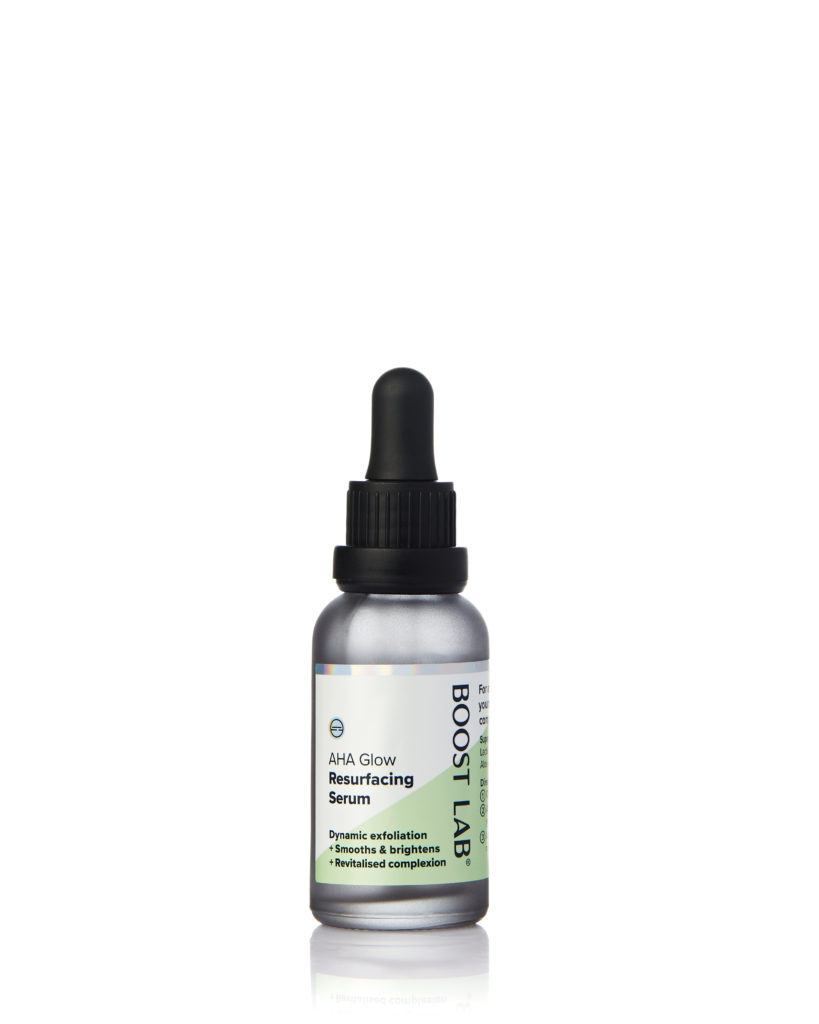
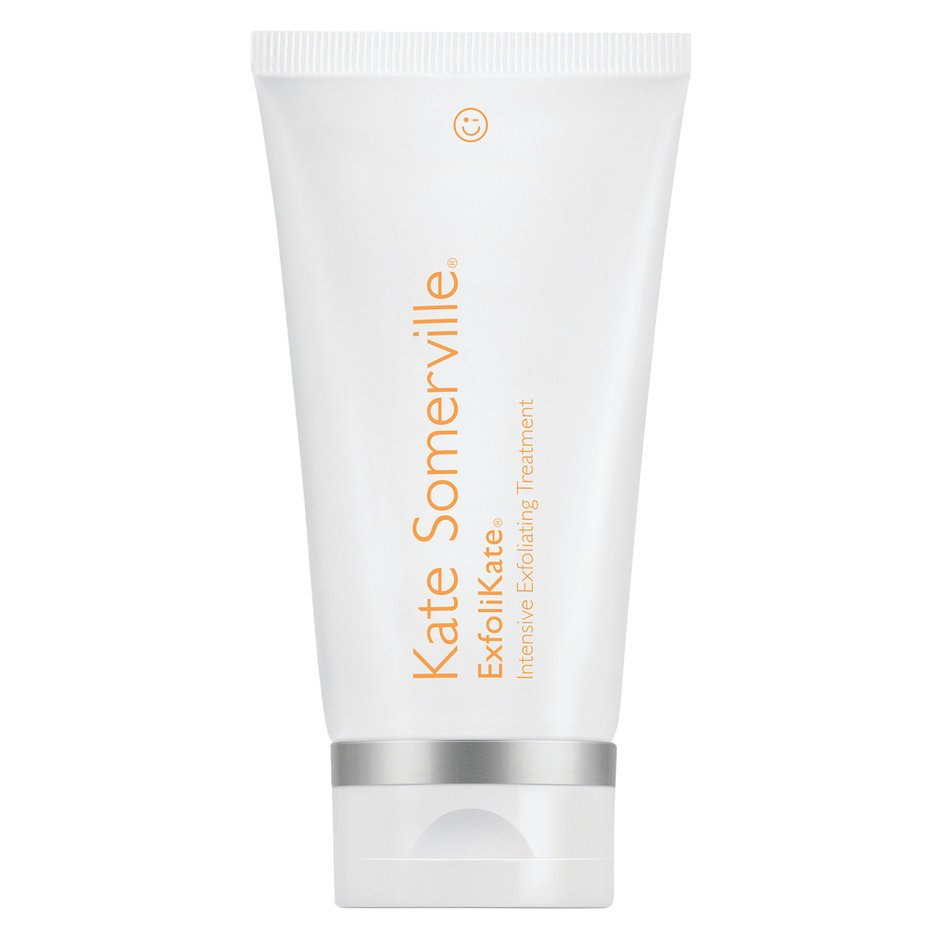
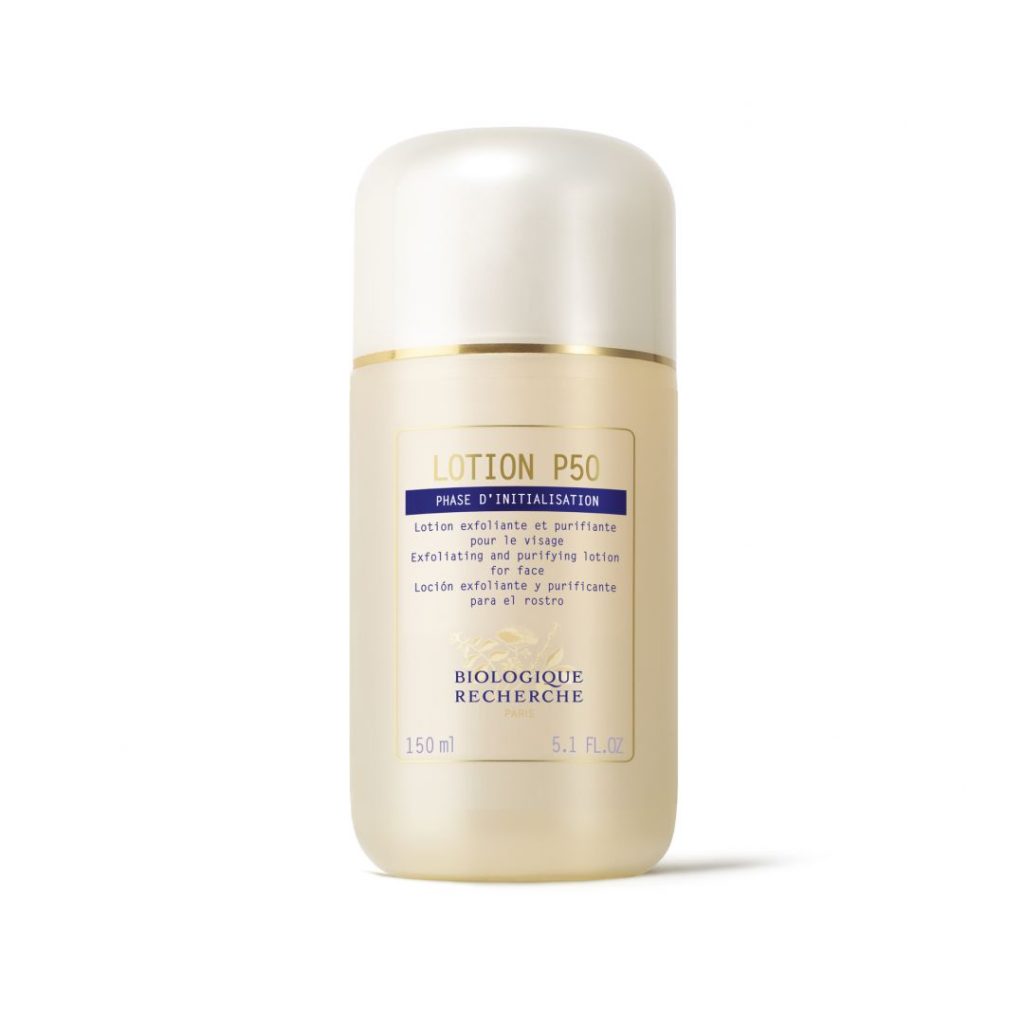
2. Angry, irritated skin
These days we’re spoilt for choice as far as skincare is concerned. As a result, it’s no surprise that many of us have come to believe that a 15-step skincare routine packed with the latest newfangled devices, ingredients, and treatments is the golden ticket to the complexion of your dreams. But if you’re yet to see the results you’re after and instead have watched as your usually calm skin has become red and angry, then it could be time to reconsider your approach and apply ‘less is more’ thinking to your daily skincare routine.
The solution: While skin can temporarily ‘purge’ when new ingredients are added to your routine, if your usually calm skin is rebelling—and hurting: take it as a warning sign. Your beauty regimen isn’t exempt from the phrase ‘too much of a good thing’, and overdoing it with skincare acids such as AHAs, retinol, exfoliating scrubs, and treatments won’t help you achieve your skin goals. Instead, you’re likely to end up with sensitised skin and impaired barrier function, which means you’ll be more prone to irritation, sensitivity and breakouts. While you don’t have to ditch your skincare obsession altogether, now is the time to pare back your routine and focus on the basics. Ditch the heavy-duty ingredients, and opt for a gentle cleanser and moisturiser. It’s also wise to think about how you’re layering products. Avoid using retinol and skincare acids together, and take care in the sun and apply the sunscreen the morning after using ingredients that can sensitise skin.
We recommend:
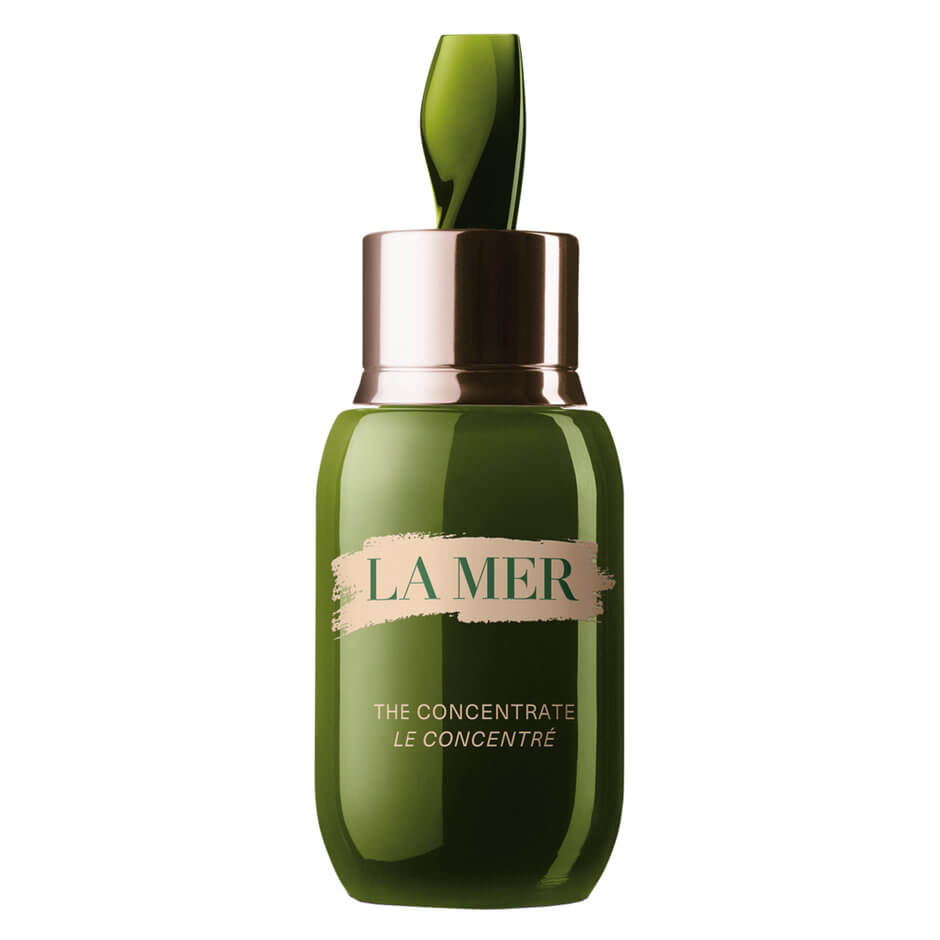
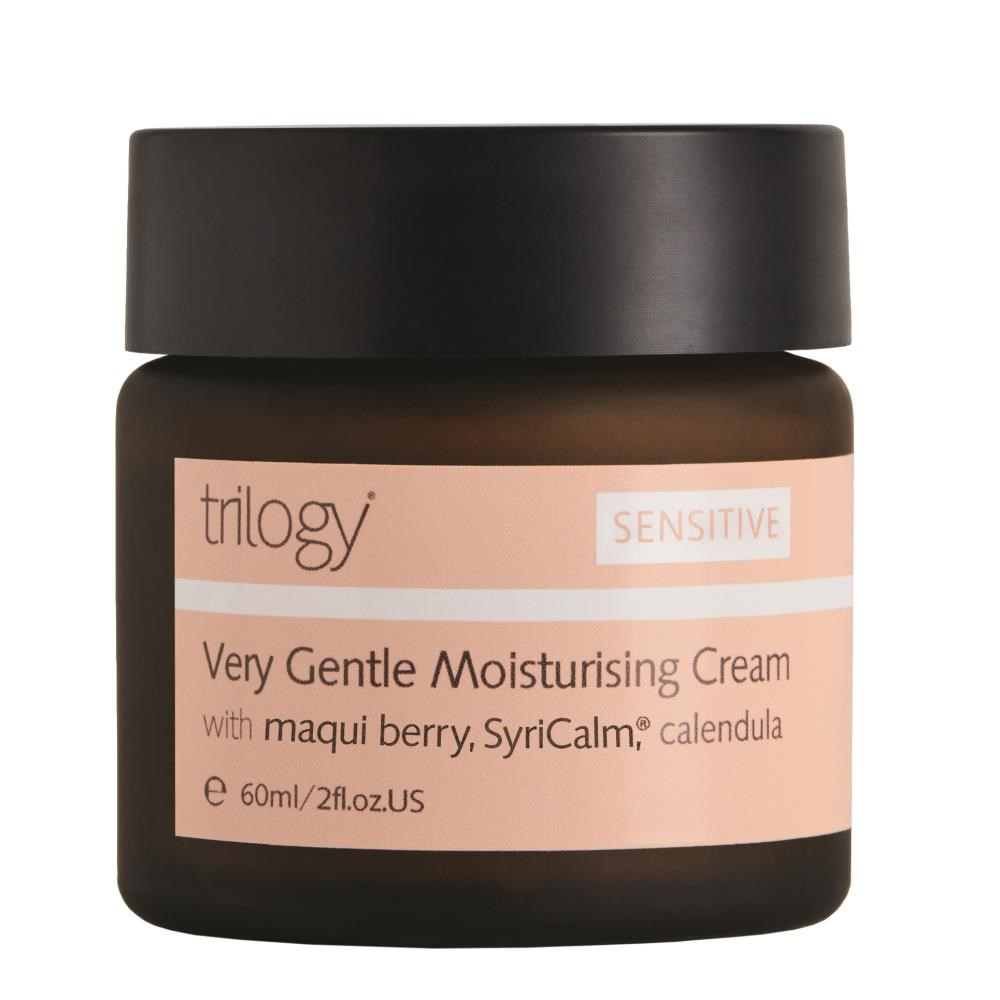
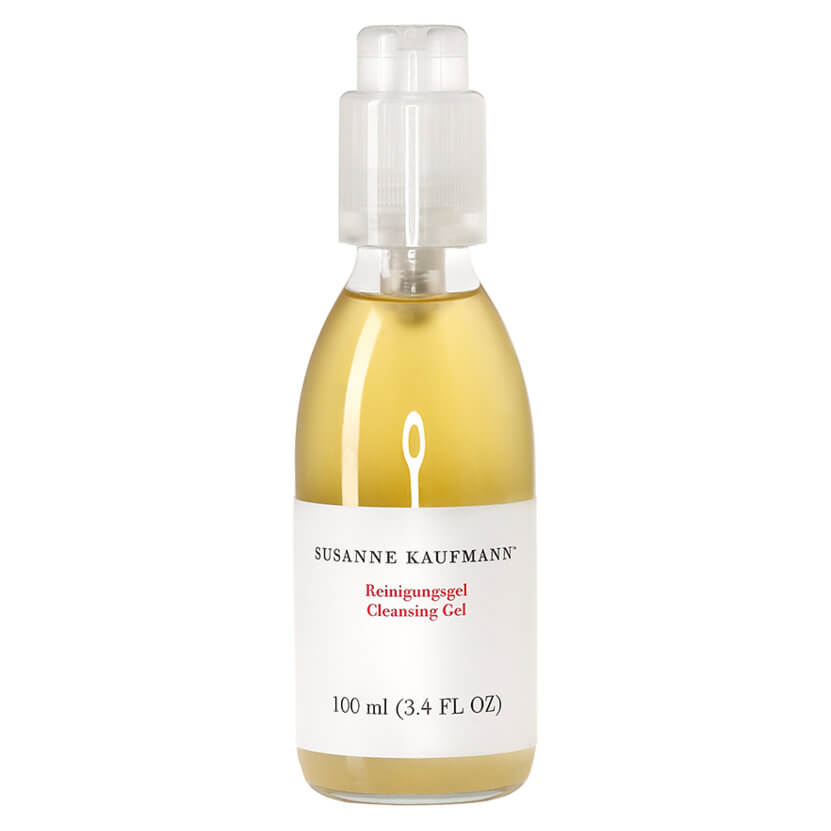
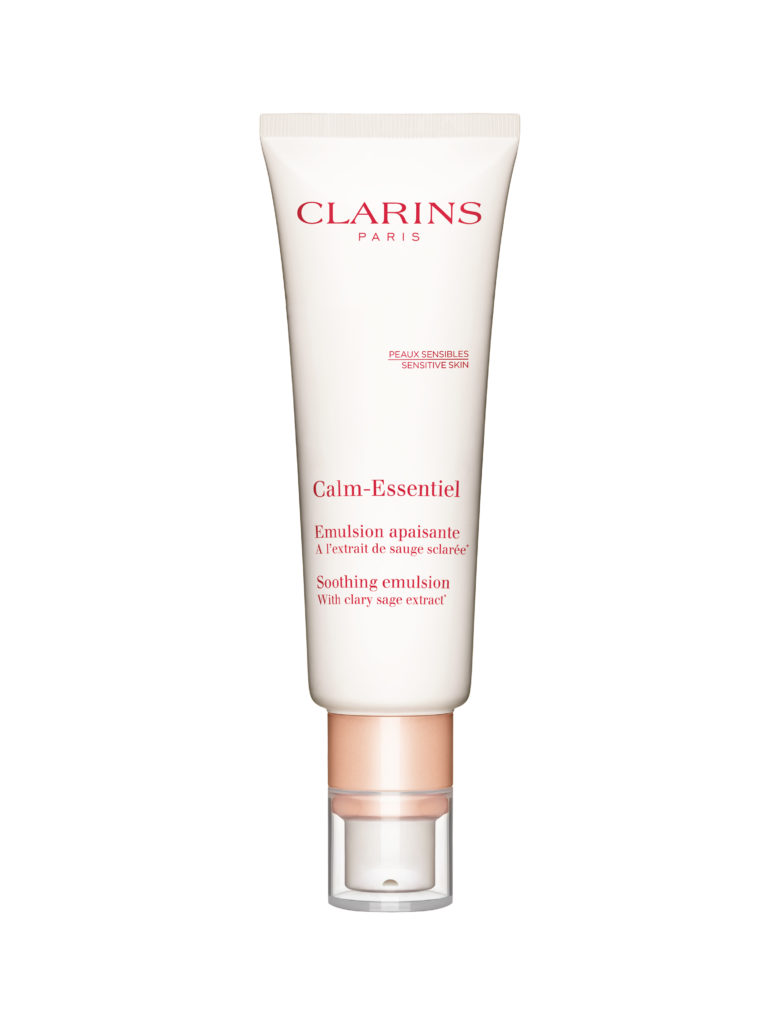
3. A dehydrated visage
Blame the colder weather if you like—hot showers, a drop in humidity and heating on full bore can quickly dehydrate skin. And while you might expect a change of seasons to magic away your parched visage, it’s not that simple. Over time dehydrated skin doesn’t just look and feel tight and dry, chronic dehydration can also contribute to the appearance of fine lines and wrinkles too. It’s also important to note that dehydrated skin and dry skin are two unique skin concerns. While dehydrated skin tends to be caused by factors we can control and is temporary, dry skin—often characterised by flaky, itchy, tight skin—is caused by the skin’s inability to produce lipids that help it to retain moisture.
The solution: Dehydration is relatively easy to remedy when armed with the right skincare. If you’re not already using hyaluronic acid—in the A.M. and P.M.—now’s the ideal time to work this superstar into your routine. This must-have molecule—found naturally within our skin—attracts and retains moisture, making for plumper, hydrated complexions. If you’re suffering from dry skin, you’ll need a skincare routine that nourishes and strengthens your skin’s barrier to boost lipids and keep skin nourished.Tackling dry skin can be tricky—as this skin type tends to be more prone to irritation and sensitivities. If in doubt, and unsure if your skin is dry or dehydrated, it does pay to seek the advice of a skin expert.
We recommend:
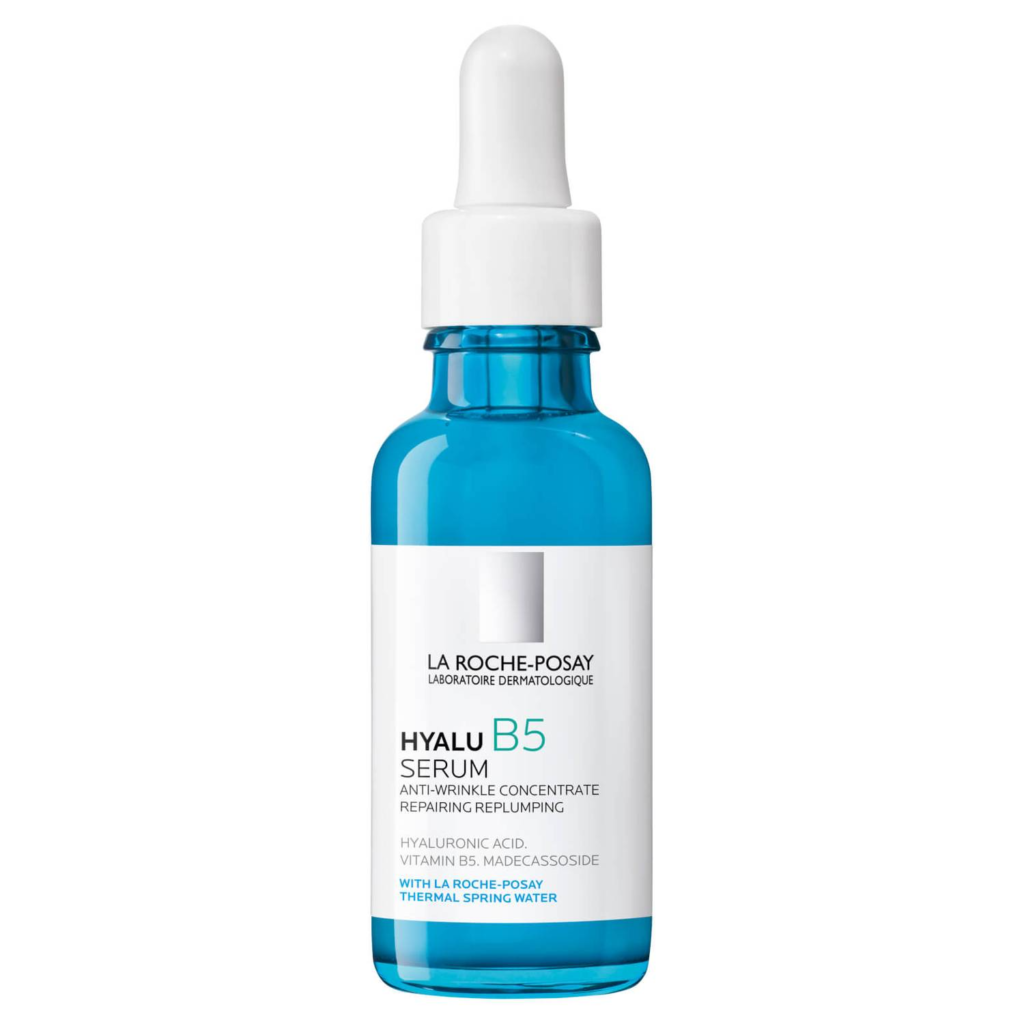
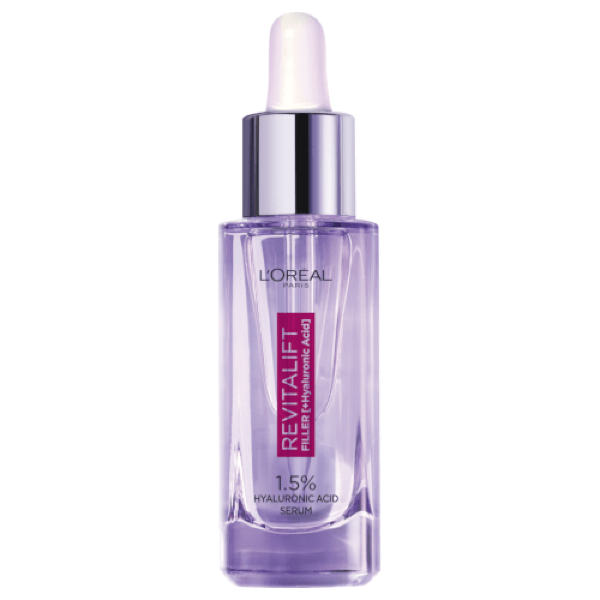
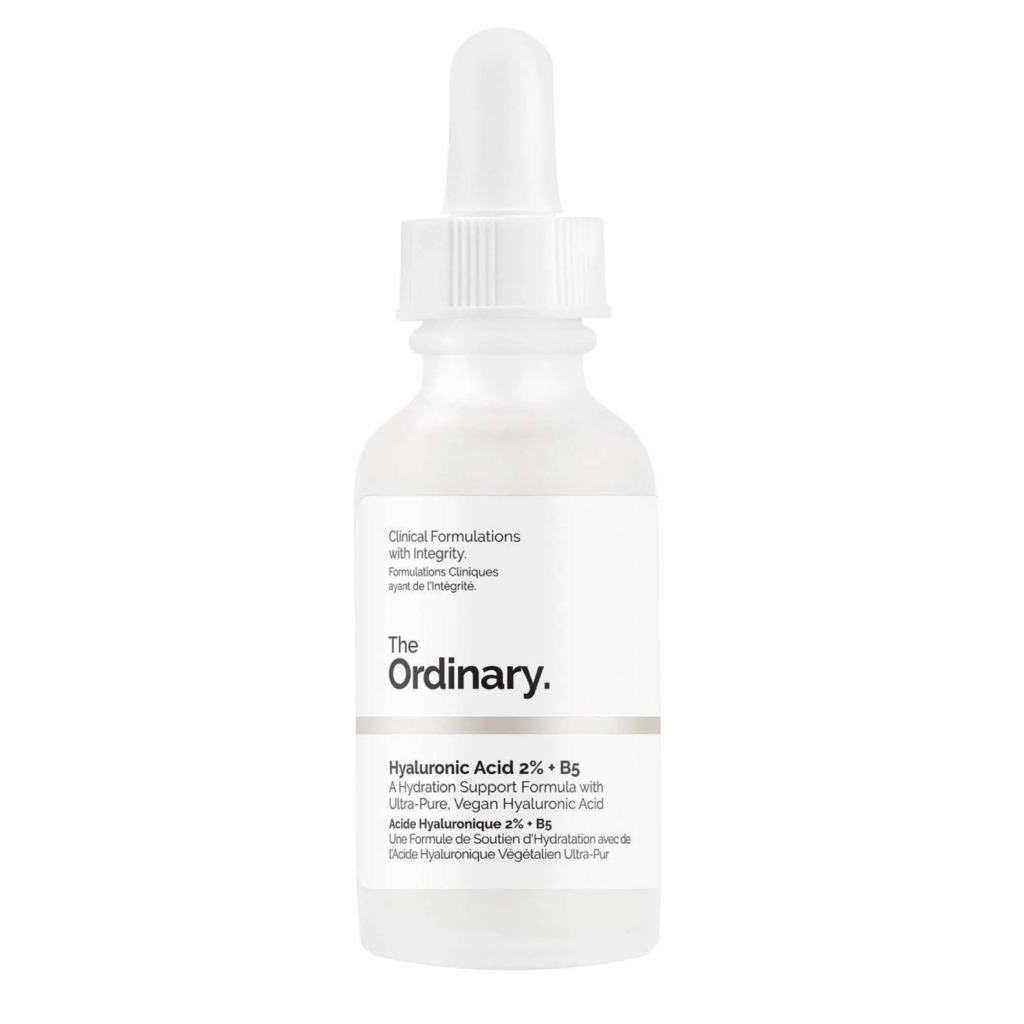
4. Breakouts and blemishes
If you thought pimples were a plight reserved for teenagers—think again: blemishes can continue to plague us once our younger years are well and truly behind us. Be it a change in lifestyle habits—a little indulging here and there—fluctuating hormones, or stress, breakouts can happen when we least expect them to.
The solution: If you’re having trouble pinpointing the usual causes of blemishes, there are a few things to consider. Take a look in your make-up bag and bathroom cabinet. Expired products are breeding grounds for blemish-causing bacteria. A good rule of thumb is to bin anything that smells unusual or has changed in colour or texture—this applies to skincare and make-up. New products can cause temporary skin woes too. If you’ve started using a new ingredient—acids and retinol are common culprits as they speed up skin cell turnover rate—your skin could be ‘purging’, aka clearing itself of excess sebum to eventually reveal radiant skin. While angry, irritated skin is a good reason to quit a new product immediately, you’ll need to wait out purging for three to four weeks. Whatever the cause: don’t pick or squeeze.Otherwise, you’ll have another skincare woe—scarring—on your hands.
We recommend:
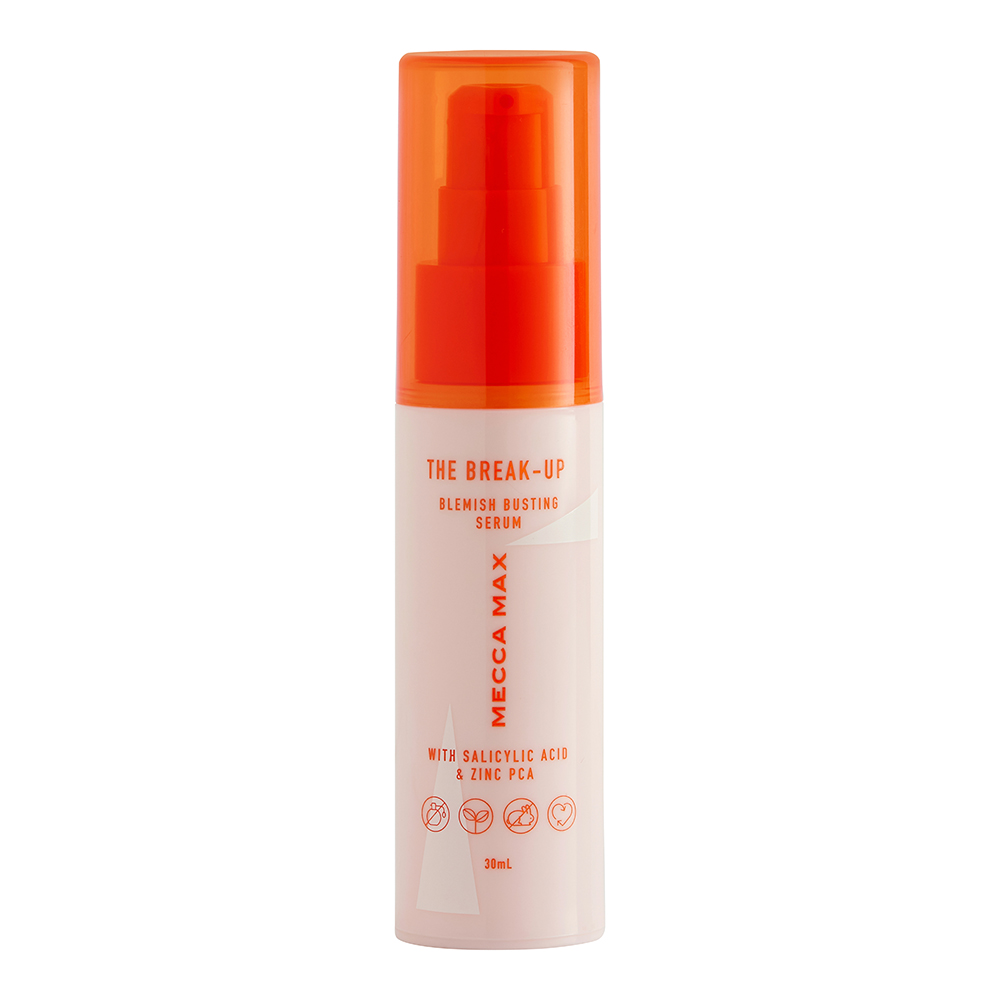
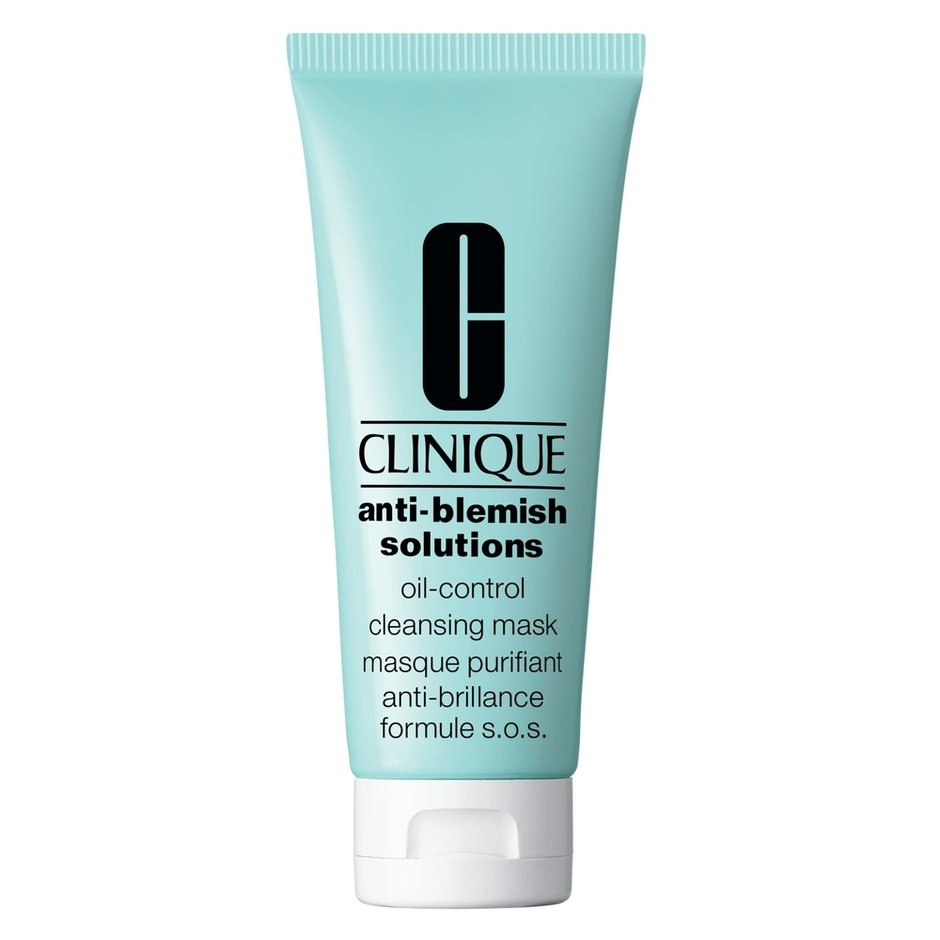
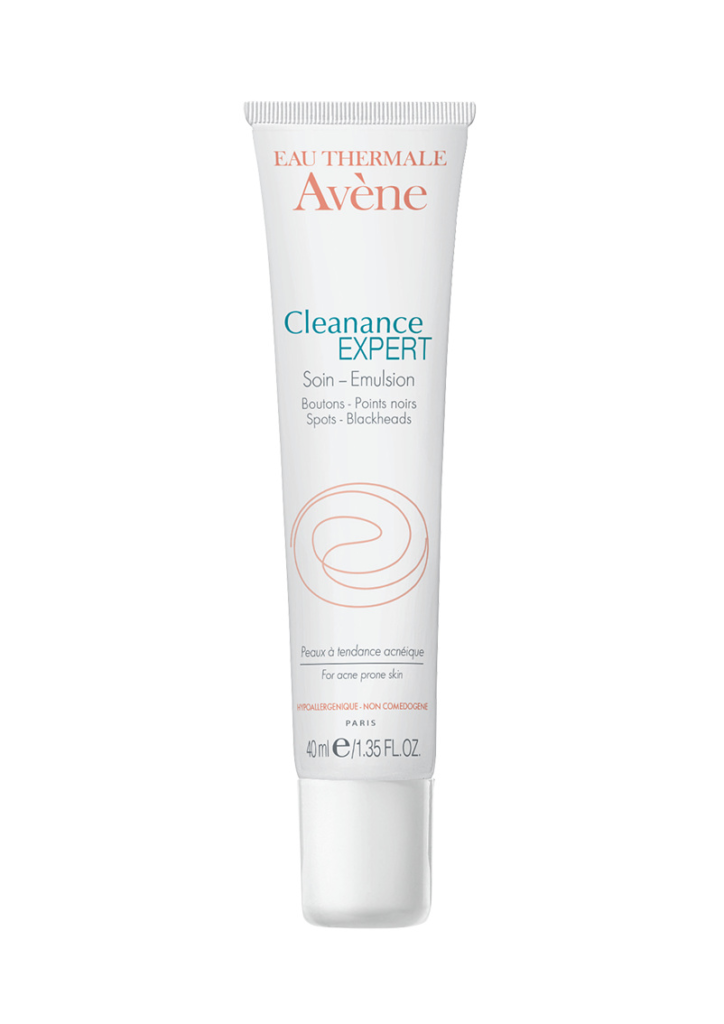
5. Unhappy, stressed skin
Stress can wreak havoc on our health, from sleep to mood and even our digestive system. Unsurprisingly, the largest organ in our body—our skin—is no exception. While the occasional stress-inducing moment is unlikely to contribute to ongoing skin woes, chronic stress can kickstart a vicious cycle. More stress equals more cortisol production, which causes inflammation that can aggravate existing skin woes, and we all know that bothersome skin problems aren’t exactly the remedy for stress! As well as exacerbating skin woes such as dark circles, blemishes, and irritation, cortisol can break down the skin’s collagen and elastin, making the signs of ageing—aka fine lines—more visible.
The solution: Eliminating stress from your life and reducing cortisol production will help restore skin health. However, it’s a process that isn’t always straightforward. In the meanwhile, rethinking lifestyle changes that you’ve adopted during times of stress—for example, indulging in certain foods and late nights—will do wonders for your complexion. Load your skincare routine with gentle-yet-nourishing ingredients, and invest in a treatment product such as Estée Lauder Advanced Night Repair Intense Reset Concentrate, which is designed to enhance resilience and help skin fend off stressors.
We recommend:
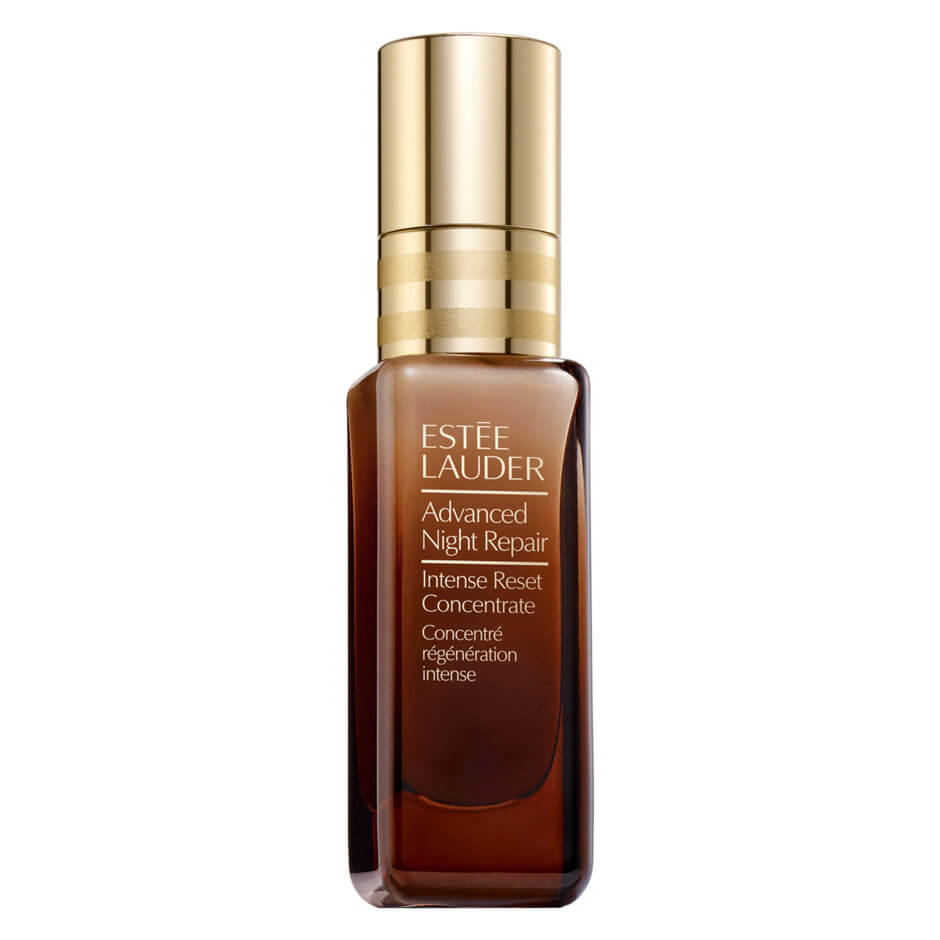
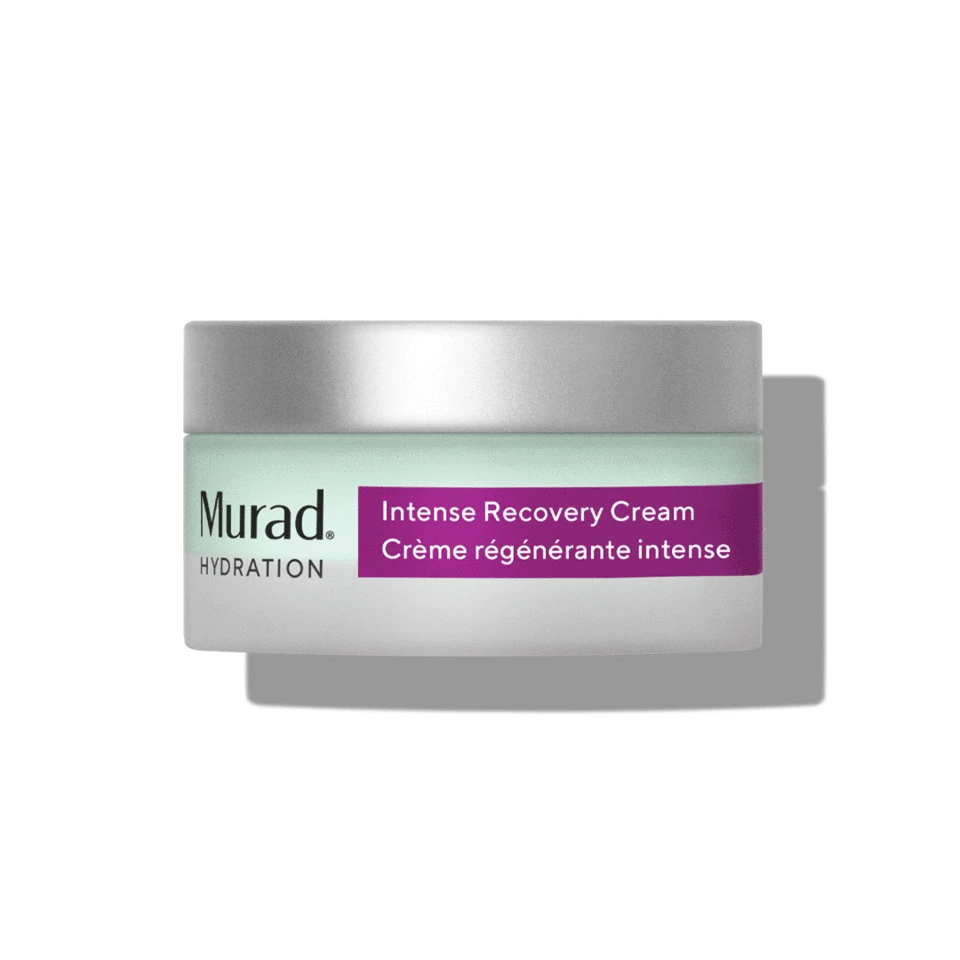
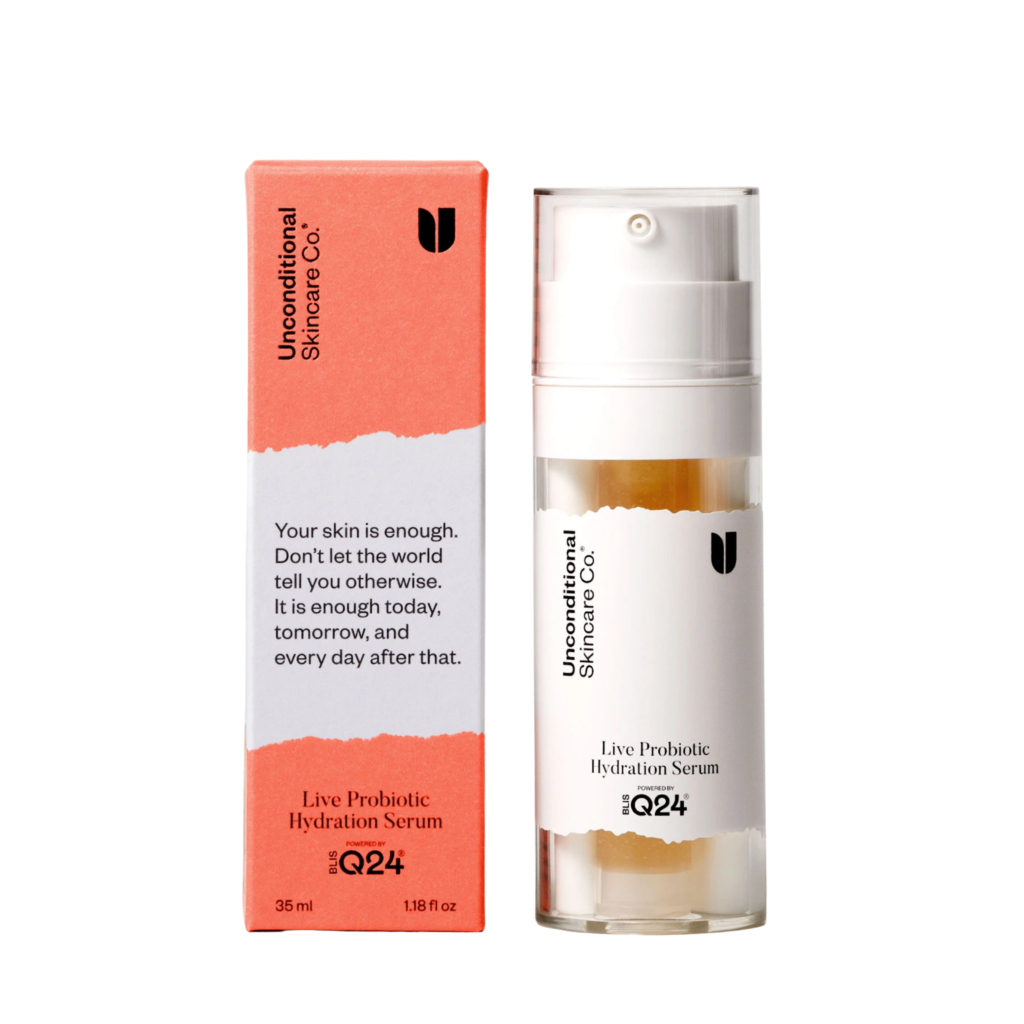
6. A skincare routine that’s just not cutting it
You’ve spent the dollars on the latest must-have products, and you’ve invested the time in your beauty routine. But rather than conquer your skin goals, they seem to be drifting further out of reach. It seems like no amount of lathering and layering on product that promised to change your skin gets you any closer to solving any of your skin concerns.
The solution: Your wardrobe isn’t the only place that requires a seasonal overhaul—your skincare routine needs a shake-up as the season changes. Rich moisturisers can become superfluous to requirements and contribute to a greasy complexion as the temperature warms up. Secondly, now that it’s easy to load up on a plethora of products, skincare fans have become impatient—we want noticeable results, and we want them now! Load up your routine with too many active ingredients and you risk skin irritation—see skincare woe: angry, irritated skin. And while it’s easy to get enticed by the latest superstar product, you’re more likely to see the results you want with a succinct, expert-approved skincare routine that focuses on your skin’s unique needs and concerns.
We recommend:
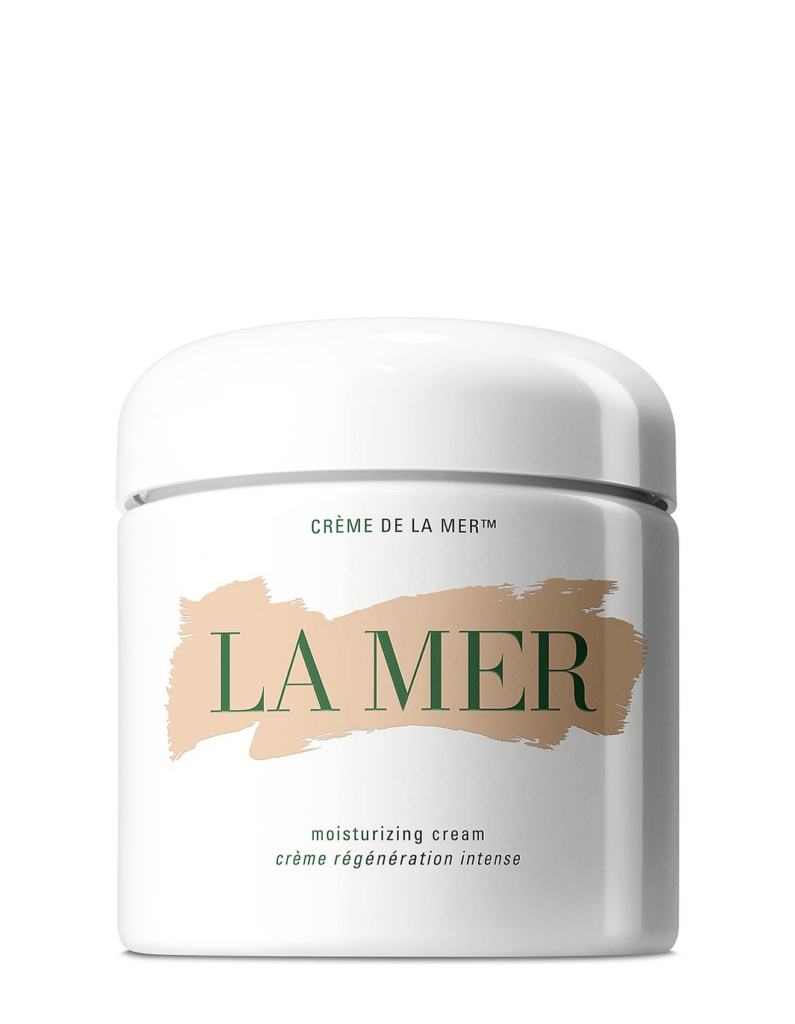
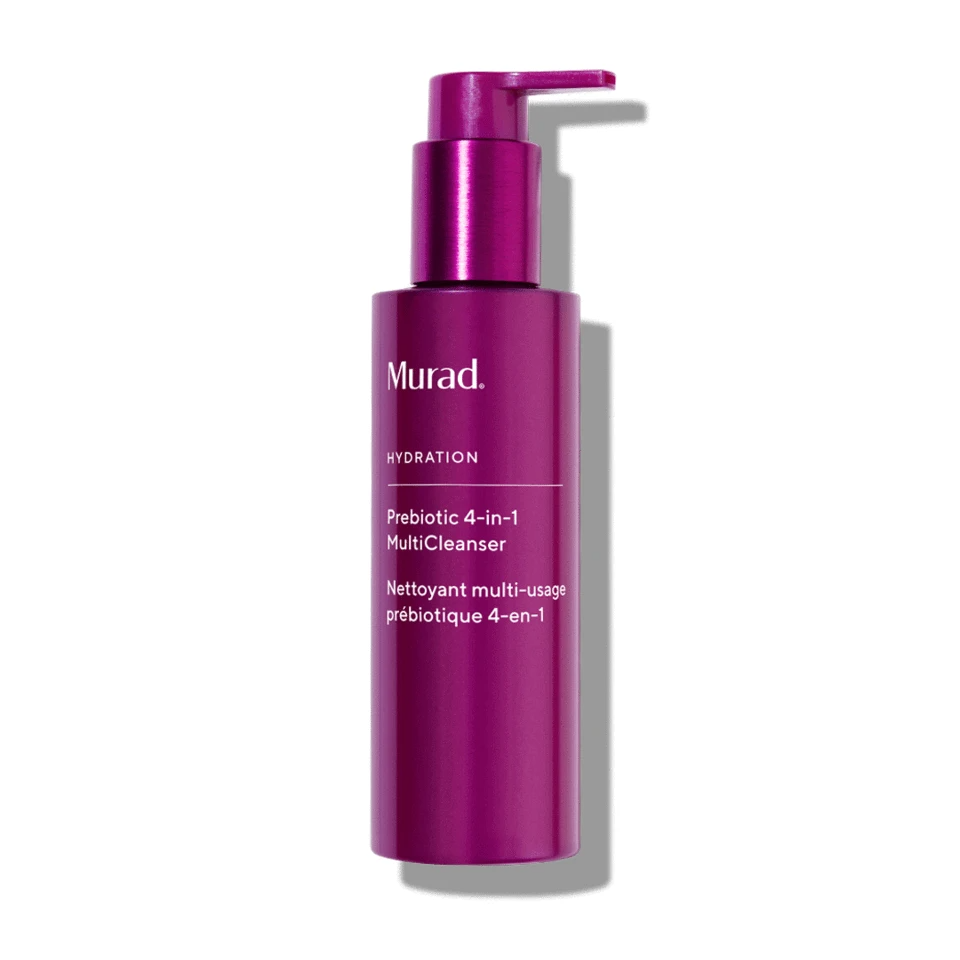
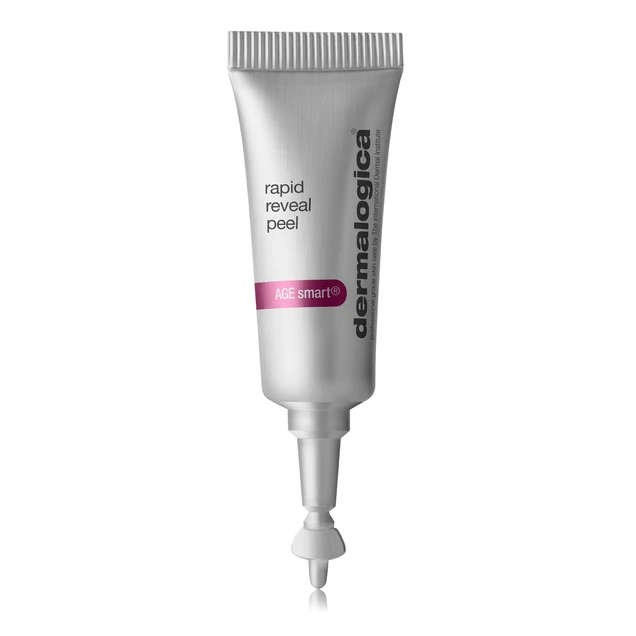
7. Pesky hyperpigmentation
It’s often tricky to pinpoint a single culprit where common skin woes are concerned, and hyperpigmentation is no exception to the rule. Hyperpigmentation—aka sun spots or those pesky, blotchy darker patches of skin that commonly occur across our cheeks, decolletage, and hands—occurs when melanin production, which gives our skin its colour, goes into overdrive. While there’s no single cause of this skin woe, it is another reason why it’s important to limit exposure to the sun, as sun damage is one of the key causes of hyperpigmentation. Hormones—and particularly pregnancy-related hormonal changes—can contribute to melasma or (hormonal hyperpigmentation). And if you’ve ever had uneven patches of skin make themselves present after a bad blemish breakout, you’ll know post-inflammatory hyperpigmentation can plague skin too.
The solution: SPF, SPF, and did we mention SPF? Prevention is better than a cure, and applying sunscreen each morning will fend off skin-damaging UV rays. Once hyperpigmentation appears, you’ll want a handful of effective ingredients that will help even out skin tone and restore radiance to your skin in your arsenal. Reach for retinol—to help speed up the skin cell renewal process—and vitamin C—to help prevent excess melanin production.
We recommend:
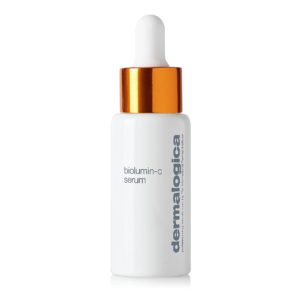
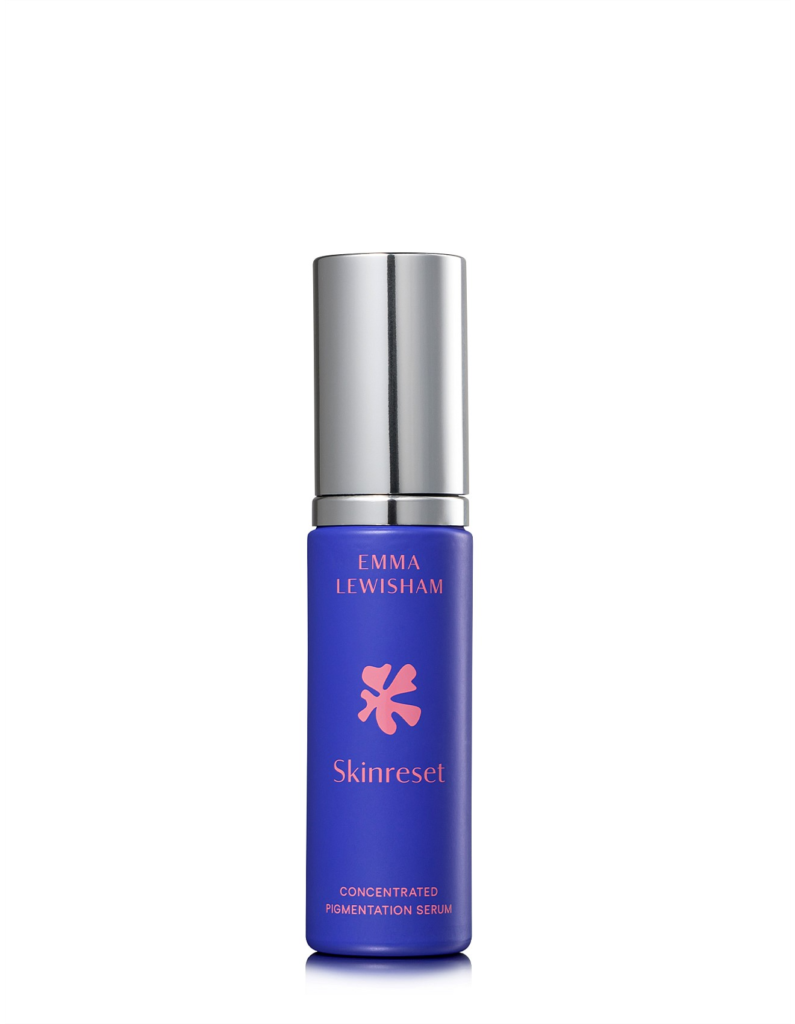
For even more skincare advice, read our article about the rise of maskne and how to alleviate it here.










